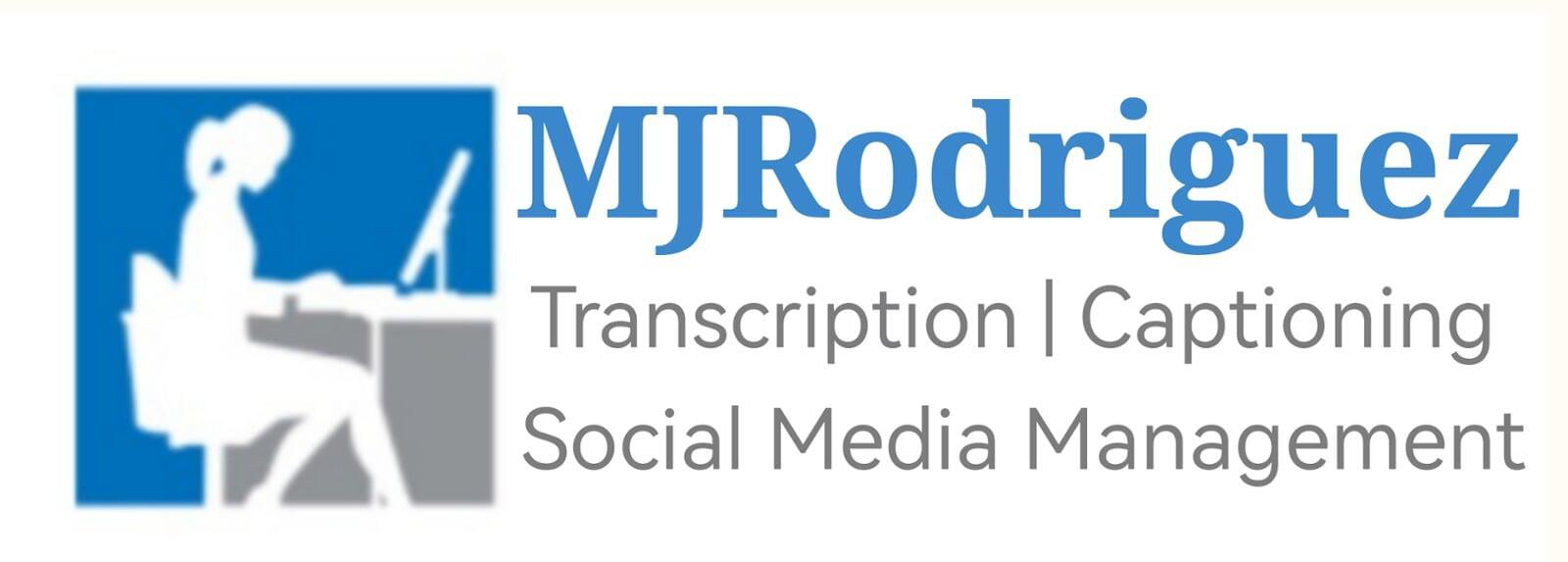Why Human Expertise Remains Essential in the Age of AI Transcription
In an age dominated by artificial intelligence (AI) innovations, AI-assisted transcription tools have revolutionized the transcription industry. These tools promise faster turnaround times, lower costs, and impressive accuracy. However, human expertise remains a critical component in delivering transcription quality that meets professional and nuanced standards. Let’s explore why human intervention still matters and how it complements AI technology in transcription services.
The Role of Transcription Editors
Transcription editors play a pivotal role in refining AI-generated transcripts. While AI tools can transcribe speech to text with high accuracy, they often struggle with nuances like context, accents, and industry-specific terminology. Editors ensure the final output is free from errors, inconsistencies, and misinterpretations.
Editors also provide a layer of quality control by addressing:
Homophones: AI often confuses words like "their" and "there" or "bare" and "bear."
Punctuation: Correct punctuation can change the entire meaning of a sentence, which AI may overlook.
Formatting: Editors align transcripts with client-specific style guides and industry standards.
By bridging the gap between raw AI output and polished results, human editors elevate the quality of transcription services.
Limitations of AI Transcription
Despite significant advancements, AI transcription tools have notable limitations:
Accents and Dialects: AI struggles with regional accents and dialects, especially in multilingual settings.
Background Noise: Poor audio quality, overlapping speakers, and background noise can confuse AI tools.
Context Understanding: AI lacks the human ability to understand tone, sarcasm, or cultural nuances, leading to errors in interpretation.
Specialized Terminology: Industries like medicine, law, and engineering require familiarity with technical terms, which AI may misinterpret or omit.
These challenges highlight the importance of human oversight in achieving accurate and contextually relevant transcriptions.
The Value of the Human Touch
Human transcriptionists and editors bring a level of adaptability, empathy, and contextual understanding that AI cannot replicate. For example:
Contextual Awareness: Humans can decipher ambiguous phrases by understanding the broader context.
Emotional Intelligence: Transcribers can identify and appropriately document emotional cues in interviews or focus groups.
Cultural Sensitivity: Understanding cultural nuances allows humans to produce transcriptions that are both accurate and culturally appropriate.
The human touch ensures a level of professionalism and personalization that fosters trust and satisfaction among clients.
Future Trends and Adaptability
The future of transcription lies in a hybrid approach, combining the efficiency of AI with the expertise of human professionals. Trends include:
Enhanced AI Tools: Future tools will likely improve in handling accents, dialects, and noisy environments.
Collaborative Software: Platforms that integrate AI transcription with human editing workflows will become standard.
Specialization: Transcriptionists will increasingly focus on high-value tasks, such as legal depositions or medical records requiring precision.
Adaptability will remain key for transcription professionals, as they balance the strengths of AI with the irreplaceable human element.
Practical Tips for Clients
To maximize the benefits of transcription services, clients should:
Provide Clear Audio: High-quality recordings reduce errors and save time during editing.
Communicate Expectations: Share style guides, preferred formats, and key terms with your transcription provider.
Choose Hybrid Services: Opt for services that combine AI tools with human editing for the best results.
Understand Pricing: Recognize that higher costs for human-edited transcription reflect the added value of accuracy and context.
AI-assisted transcription tools are invaluable in accelerating the transcription process, but they are not flawless. The human touch remains essential for ensuring accuracy, context, and cultural sensitivity. Transcription editors play an irreplaceable role in bridging the gap between AI capabilities and client expectations, solidifying the need for a balanced approach in the evolving transcription industry. As technology advances, embracing the synergy of AI and human expertise will define the gold standard for transcription services.




